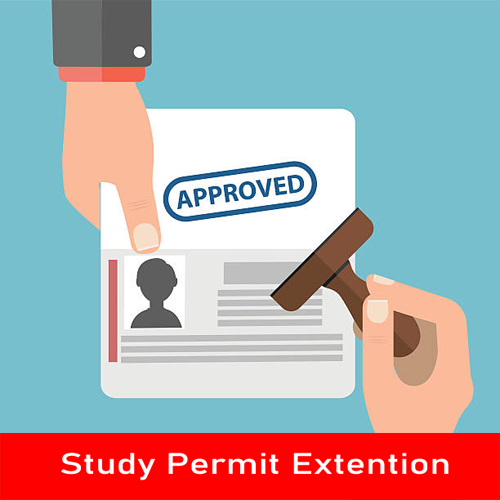

A Canadian Student Visa allows international students to begin their study programs or get educational degrees in Canada. They must be registered in an institution that is a Designated Learning Institution (DLI) and fulfill other requirements.
When to extend the study permit for Canada?
The Canada Study Permit is valid for the time that you are studying and an additional 90 days to give you time to prepare to leave Canada. However, if you see that your study permit is close to expiring and you still have to attend your school to get your degree, then you must apply for extension.
You must submit an application to renew your study permit at least 30 days before it expires. You can check the expiry date which is located in the top right corner of the study permit. Before you apply for extension, you must make sure that your passport is still valid. You cannot get an extension if your passport has expired and if you travel out of Canada with an expired passport, you will not be allowed to enter again.
If you are planning to travel outside of Canada and your study permit is close to expiration, you must first apply for it and then travel. Do not leave Canada if your study permit is close to expiry because the Canadian authorities will not let you back in.
If you apply for an extension of your study permit and during the time that the application is being processed, your old study permit expires, you will be allowed to stay in Canada until a decision is made on whether to allow your renewal or not.
If your study permit has already expired and you have not applied for an extension, then you will have to leave Canada. Then from outside of Canada, you can apply for a new study permit or for the restoration of your status as a student.
How to Apply for a Canada Study Permit Extension?
If you have decided to extend your study permit, then you must start the process at least 30 days before it expires. You can either apply online or submit your documents on paper. To make the process easier, it is recommended that you apply online. If you decide to apply on paper, then you must follow the same process outlined below, but you must also contact the government of the province you are living in to find out where you should mail your documents.
All the documents must be in English or French and if they have been translated, you must provide proof that the translation is correct. If you are from a country that requires a visa to enter Canada, then you may also be asked to submit your biometric information. The Canadian Consulate will contact you to set an appointment and you must attend it. If you are from a country that does not require a visa to enter Canada, but only an Electronic Travel Authorization (eTA), then you will not need to submit your biometrics until the year 2019.
The supporting documents and application forms must then be submitting either online using your Government of Canada account login or mail them to the appropriate authorities.

